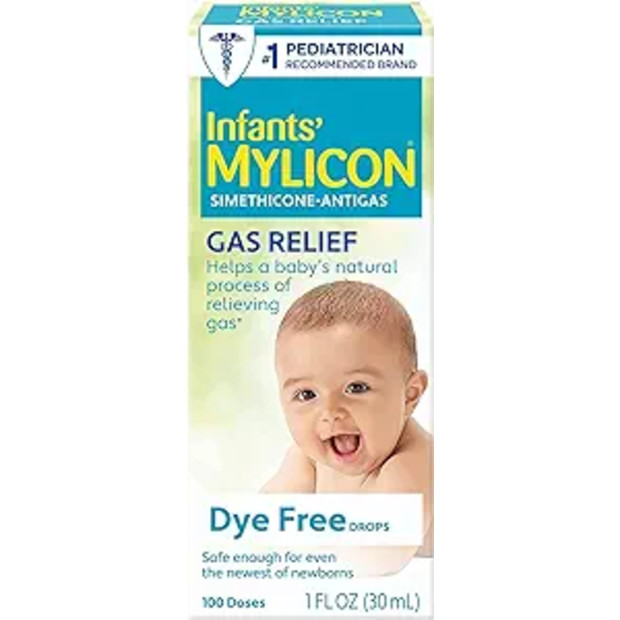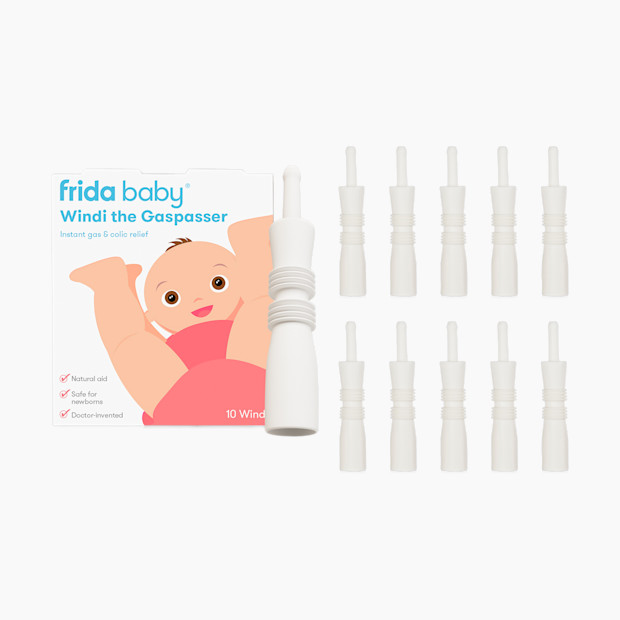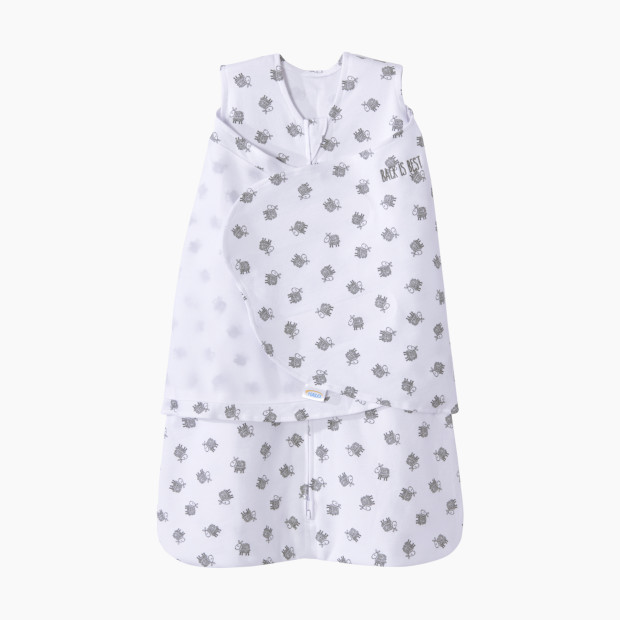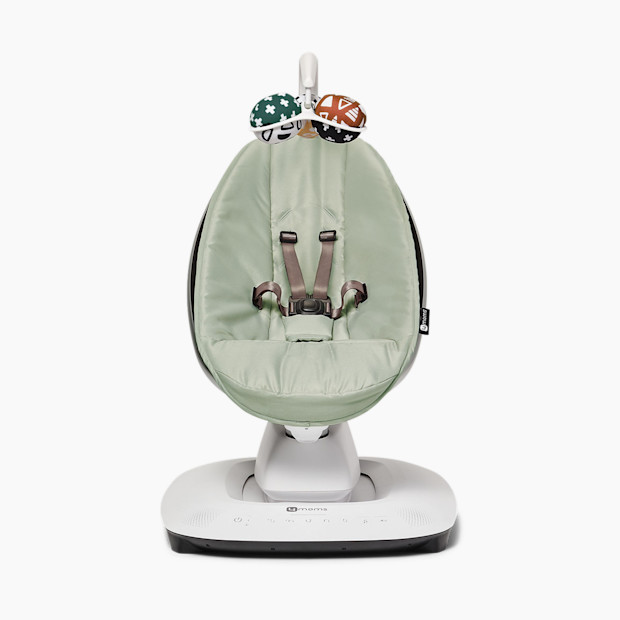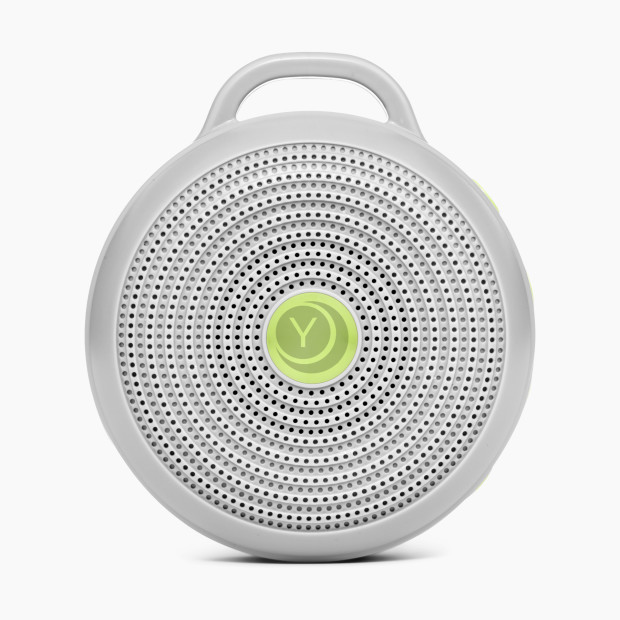
Why Is My Baby Crying & How Do I Help Them?
Babies don’t come with a manual. This chart helps you translate their cries and soothe them quickly.

In This Article
News flash: Babies cry. From the moment they exit the womb, it’s the main way they let others know they’re stressed or in pain. But as hard as babies try to communicate, sometimes we adults just don’t understand.
When you’re a brand new parent, your baby’s cries might be like a foreign language. There are so many different reasons why babies cry, and without a baby-to-adult translator, it can be a real struggle to understand them. Not to mention the emotional and physical responses that crying can trigger—hearing your baby cry can raise your blood pressure, increase your fight response and trigger feelings of anxiety, depression and overwhelm. (By the way, if you feel like your stress is unmanageable during this time, you should talk to your doctor about resources to help with postpartum depression or postpartum anxiety.)
It can be really stressful not knowing why baby is fussy or how to help them. I spent the first several months after my oldest was born feeling helpless and completely out of my depth any time he would cry, trying to decode what he was trying to communicate (all while fighting my own panic and anxiety). That’s why, when my second kid was born, I created a “fussy baby checklist,” which you can find below.
That checklist ended up being a lifesaver for both my own sanity and my husband’s. Any time we started to feel lost or overwhelmed with a screeching, inconsolable newborn, it was as simple as running down the list, checking his cues (the gestures he was making with his face and hands as he was crying) and symptoms and voilà, there was the translation and, most importantly, specific advice on how to help.
So if you’re in that same position that I was in after my first baby was born, I see you, and I’m here to help. With the advice of two pediatric experts, here’s a look at all the reasons why your baby might cry, how to figure out what’s wrong and how to help.
Why do babies cry?
The list of reasons why babies cry is honestly a lot longer than the list of reasons why they don’t. Especially during the first three to six months, babies might cry because they’re hungry, tired, wet or dirty, sick, overstimulated, injured or gassy, just to name a handful.
So how do you figure out why your baby is crying right now (or tomorrow, or the day after)? “You want to have a mental checklist, especially for newborn babies,” says Dr. Judith Hoffman, pediatrician and founding partner at Manhattan Valley Pediatrics (and guest star on “Ms. Rachel Visits the Doctor”).
With that in mind, we made a physical checklist to help with that. You can download and print it or screenshot and save to your camera roll to use whenever you need a quick reference (I personally kept mine on the fridge). Dr. Hoffman recommends going down the list, line by line, checking cues and symptoms against baby’s routine—did they eat recently, when was their last diaper change, etc.
They're gassy
Aside from being hungry or having a wet or dirty diaper, gassiness is a pretty common reason for a fussy baby. Their digestive and nervous systems are still maturing, Dr. Hoffman says, “so their intestines aren't moving as smoothly as they do as they get older. Gas gets stuck and it’s hard for it to come out.” There’s also a chance that baby’s gas and digestion problems could be related to colic—if you think that might be the case, be sure to talk to your doctor about it.
To help a gassy baby, Dr. Hoffman recommends abdominal massage, back massage and these over-the-counter remedies:
They're overtired
If your little one just ate, burped well (i.e. likely isn’t gassy) and has a fresh diaper, the next probable culprit is that they’re just plain tired. “Babies often get overtired shockingly quickly,” Dr. Hoffman says. “Their awake windows can be very, very short. Some babies can't tolerate being awake for more than an hour.”
This is especially true in those very early weeks; most newborns take three to five naps a day, so be sure to keep that in mind to keep your little one from getting overtired and fussy. (You can learn more about awake windows and nap lengths in our article on newborn sleep.)
They have a hair tourniquet
One possible reason your baby might be crying may not be immediately apparent: hair tourniquets. A hair tourniquet is when a hair—usually long ones from your head—or a string gets wrapped around one of baby’s fingers or toes, causing the circulation to get cut off.
It can be pretty painful (hence the crying) but also really tough to spot, especially if your hair is a light color. So be sure to check all appendages (including the penis if you’ve got a baby boy) for redness and swelling. In fact, it’s a good idea to do periodic hair tourniquet checks in general, especially after you’ve held baby close.
Removing a hair tourniquet can also be tricky, depending on how it’s wrapped. If you can find one loose end, you can try to manually unwrap it—just be careful not to pull it tighter. If it’s not wrapped too tight, you can use small nail clippers or scissors to cut it free.
If it’s wrapped up super tight and nothing can get underneath it, you can dissolve hair tourniquets with hair removal cream (like Nair—seriously, it’s what many doctors recommend), but don’t use Nair if the tourniquet has cut through the skin or if your baby has certain skin sensitivities.
If you can’t see the hair, if you’re nervous about using a hair removal cream or if it’s a piece of fabric that can’t be dissolved, give your pediatrician a call or take your baby to urgent care. Tourniquets left for too long can cause pretty serious damage to whatever they’re wrapped around.
They're overstimulated (or understimulated)
There may be times when you’ve gone down the checklist and nothing seems like the obvious answer. “Often babies cry because they’re missing the familiar womb environment,” says Dr. Shelly Flais, pediatrician and author of the American Academy of Pediatrics' parenting book Raising Twins. Going from a warm, dark, cozy womb to the bright outside world is a jarring sensation, so Dr. Flais recommends giving baby those womb-like sensations, like a tight swaddle, white noise and movement during the day (Dr. Flais is an especially big fan of babywearing to recreate all three of those sensations).
And sometimes, it’s not as clear-cut how you can help—sometimes babies are just fussy, and all you can do is try to make them comfortable and wait it out. “Between four and eight weeks, that's the time of existential crisis,” Dr. Hoffman says. “Sometimes they don't know why they're upset, and sometimes you're not going to figure it out. They're just really irritable.” In those moments, Dr. Hoffman recommends breaking out the baby gear, especially a wearable carrier or a swing. Just remember not to let baby sleep in the swing, and ensure proper head positioning in the baby carrier.
To help with overtired, overstimulated and otherwise inexplicably fussy babies, give these soothing products a try:
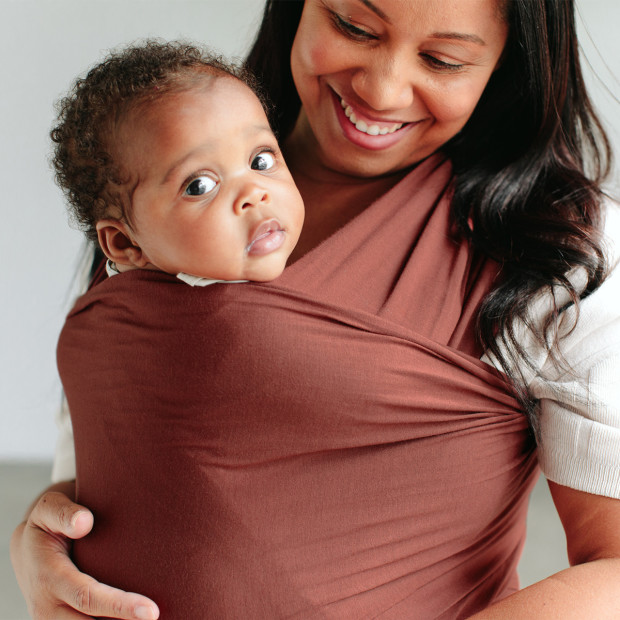
Solly Baby
Wrap Carrier
When to call the doctor
Visible injuries beyond minor cuts and bruises, rectal temperature of 100.4+ degrees in babies younger than three months old (102.2+ degrees in babies three to twelve months old), and vomiting always warrant a call to your pediatrician, but you also shouldn’t hesitate to get a doctor’s help any other time you can’t determine why your baby is crying.
“If you have a gut feeling that something is ‘off,’ you should listen to that feeling and call your pediatrician for advice and an evaluation,” Dr. Flais says. “As pediatricians, we frequently see families in the office for a fussy baby. Often, parents aren't sure if it’s appropriate, but that’s why we’re there! Better to have baby checked out and have it be nothing than to miss something important.”
The Fussy Baby Checklist
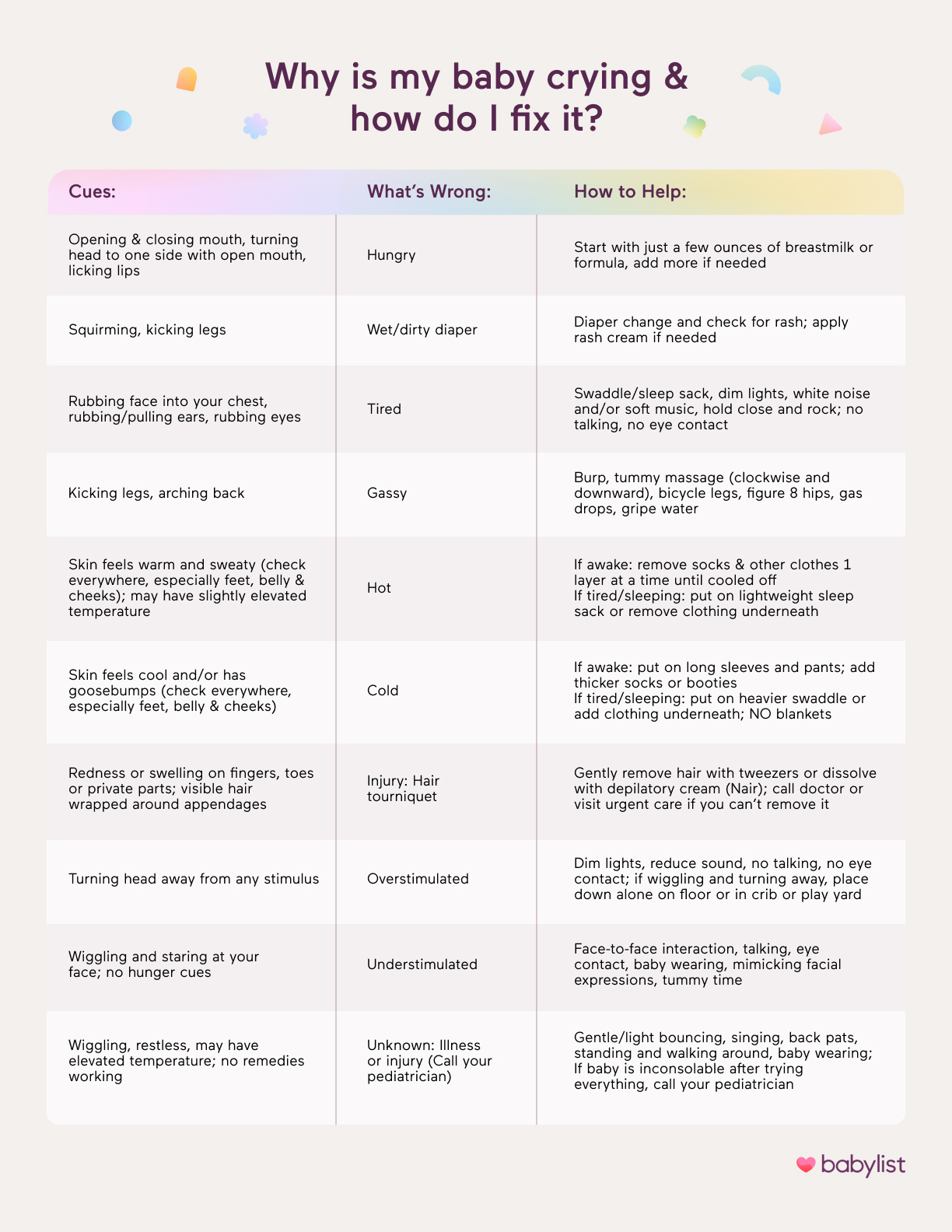
What to do when your baby's crying makes you feel overwhelmed
There’s no way around it: babies cry a lot. And if all that crying has you feeling anxious and stressed out, you’re not alone. “Whether it’s your first child or your fourth, infant crying is stressful for parents,” Dr. Flais says. Whether it’s a reaction to your baby being in distress or it’s the overstimulation of hearing loud crying all the time, being overwhelmed by your baby’s cries is absolutely valid.
“Especially when they're little, it really feels like your heart’s being torn out,” Dr. Hoffman says. “Sometimes you can't really control your emotions when your baby's crying in such an intense way.”
When it all gets to be too much, Dr. Flais says self care is the most important thing you can do. “Parents need to check their own pulse and make sure they put their own oxygen mask on before helping others,” she says. And that means having someone else take care of baby for a bit.
Both Dr. Flais and Dr. Hoffman strongly recommend leaning on your support system. And when you ask for help, Dr. Flais says to be specific—let them know exactly what you need, what baby needs and for how long, whether that’s 10 minutes or two hours.
And make sure you use that time for self care, whether that’s a hot shower, a walk around the block, eating something, taking a nap or whatever your preferred sanity saver is.
But sometimes, a support system isn’t available. “If you’re alone with baby and reaching the end of your rope, it’s okay to put baby in a safe place such as the crib, close the door and give yourself a moment to collect yourself,” Dr. Flais says. It can be hard, but try not to feel guilty. Sometimes, the best way to help your crying baby is to regulate yourself first.
If your baby’s crying is causing you to feel some intense emotions or reactions, it’s important you talk to your doctor about it. “Pediatricians and obstetricians regularly assess mom's mental state after birth,” Dr. Flais says. “If there are concerning signs, doctors can help parents get the mental health help they need.” It’s in both your and baby’s best interest for you to be the most confident parent you can be.

